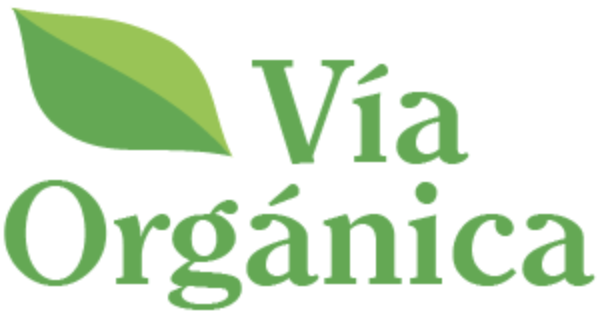Is This Factory Farming’s Tobacco Moment?
The farm and chemical industry may now be as vulnerable as the tobacco industry was in the 1990s. People in the U.S. have finally become suspicious of the safety of the (non-organic) food supply. Millions are wary of home pesticides, weed killers, and synthetic garden and lawn fertilizers. Big agricultural chemical companies are under increasing criticism from consumers, including relatives of those hospitalized and killed by farm chemicals and factory farm contaminated food.
Giant tobacco corporations lied to the public for decades, claiming that cigarettes were safe. Similarly chemical corporations and agri-business have conducted a hundred year campaign to hide the dangers of their farm chemicals. They hired scientists in the 1920s and 1930s to lie to the public about the dangers of arsenic and lead, the most widely used pesticides of the era. They hired scientists in the 1950s and 1960s to counteract the criticism of DDT and the other World War II pesticides and fertilizers. In the mid 1960s and the 1970s corporate agribusiness and chemical giants like Monsanto put enormous resources into debunking the criticisms of toxic chemicals in Rachel Carson’s Silent Spring and those of other public health and environmental activists.
Chemical companies hired fake laboratories to give their most toxic chemicals a guarantee of safety in the 1980s and 90s. The EPA, Food and Drug Administration (FDA), and the USDA accepted these bogus reports as valid until independent scientists and safe-food activists exposed the truth. The chemical industry has routinely stalled or neutered any chemical regulations passed in the U.S. Much of the public still believes it is protected because Congress passed several landmark pesticide and chemical control laws in the 1970s, 1980s and 1990s. Unfortunately, the chemical corporations and corporate agribusiness have lobbied successfully against these laws, weakening or repealing them. As a result, only a handful of the 80,000 industrial chemicals or pesticides used in farming or found in consumer products have lost their federal or state registration in the last 40 years. 7
As the co-author of this essay, Will Allen, concluded in his 2008 book The War on Bugs, it is time to conduct a full-scale offensive against factory farming and industrial agriculture. It is time for consumers to stop buying chemical food and using poisonous chemicals on their lawns, gardens, and in their houses. It is time for executives and workers on factory farms to become whistle blowers. It is time for chemically assaulted farmworkers and farmers to sue these killers. It is time for chemical and food industry employees and feedlot cowboys to expose factory farming’s dirty secrets, just as high-level tobacco executives and tobacco workers did in the 1990s. It is time for courageous magazines or Internet sites to refuse farm and home chemical advertisements.
In 1905, Colliers magazine refused to publish any more patent medicine ads. Almost immediately, the Saturday Evening Post, and the Ladies Home Journal joined the boycott. This didn’t solve the problem of useless patent medicines, but it provoked a public dialogue and the rejection of thousands of dangerous potions. The public exposure of these “snake oil” remedies saved countless lives.
Similar bold moves need to be taken to protect us all from the ravages of Food Inc. Time magazine’s recent expose in August of 2009 of our dangerous and costly food system may be a signal that at least some reporters in the media are willing to expose the hazards of factory farms and chemical agriculture. Sadly, other media outlets continue to serve as cheerleaders for GMOs and industrial food. The New Yorker magazine and National Public Radio continue to carry Monsanto’s ads claiming that GMO crops use less pesticides and can feed the world’s population, when in fact recent research has shown that GMO crops actually increase pesticide use. Other studies have demonstrated that yields of both GMO corn and soy are actually lower than non-GMO varieties. 8
In the European Union (EU), pesticides and farm chemicals have come under increased scrutiny since the EU instituted a rigorous chemical evaluation and registration process, known as REACH (Registration, Evaluation, and Authorization of Chemicals). Many of the most toxic (and profitable) chemicals used in farming and consumer products could lose their registration in the EU within the next few years. U.S. agricultural chemical lobbyists are worried that more aggressive regulations such as REACH are going to limit their sales in Europe and that more rigorous chemical enforcements are headed to the US, following the European example.
